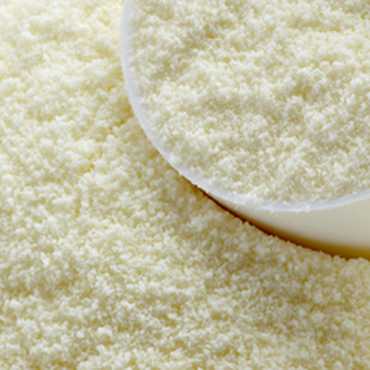Breastfeeding BENEFITS FOR MOM AND BABY New Research Results: Omega-3-rich breast milk improves child intelligence!

The benefits of breastfeeding are constantly reinforced with studies and clinical observations. The focal points are usually on bonding with the mother to satisfy the baby’s emotional needs upon entering our world, developing early immunity, which can be compromised by early vaccinations, and developing stronger health and immunity in later years.
So a mother should be motivated to breastfeed exclusively for several months and continue part of the time as the baby becomes a toddler. It happens to be beneficial for the mother as well.
Breastfeeding lowers breast and ovarian cancer risks as well as offering more health benefits.
The IQ studies
Researchers at the University of California, Santa Barbara (UCSB), campus and the University of Pittsburgh combined their efforts to demonstrate that breast milk fed to infants increases IQ and improves school test scores.
They published their results of their study in the online journal Prostaglandins, Leukotrienes & Essential Fatty Acids, which compared fatty acid profiles of breast milk from women in over two-dozen countries with how well children from those same countries performed on academic tests, and even compared those statistics to national incomes and education system funding.
The researchers examined over 50 nations for this study. They were able to find data for both omega-3 fatty acid in breast milk content and test scores from the Programme for International Student Assessment in 28 countries to give accurate assessments of how breast milk affected academic performance.
They discovered that the high-omega-3-fatty-acid content of breast milk provided better academic excellence than countries’ wealth and all the money that a government could throw at an educational system.
A co-author of this study, UCSB anthropology professor Steven Gaulin, explained:
Human intelligence has a physical basis in the huge size of our brains — some seven times larger than would be expected for a mammal with our body size. … [T]hose big brains need lots of extra building materials — most importantly, they need omega-3 fatty acids, especially DHA [docosahexaenoic acid]. Omega-6 fats, however, undermine the effects of DHA and seem to be bad for brains.
The researchers determined that regional differences in the amounts of omega-3 in breast milk were based on regional dietary choices. The standard diet is very top-heavy with omega-6.
According to experts, ideal ratios of dietary omega-6 to omega-3 are estimated to be at 1:1 or no more than 3:1. But some experts note that with the dietary choices that exist now, the ratio of omega-6 fatty acids to omega-3 fatty acids can be as lopsided as 20:1.
A bit about those fatty acids and their sources
Those trans fatty acid hydrogenated processed oils that are ubiquitous in processed or fast foods and heavily marketed to appear as cooking oils or salad dressing are all omega-6 oils.
There are healthy omega-6 oils, such as real cold-pressed virgin olive oil, that contain linoleic acid, which is great for cardiovascular health, though it’s omega-6 to omega-3 ratio is about 10:1.
But omega-3 fatty acids are instrumental for building brain cells and promoting strong myelin sheathing that protects nerves and facilitates neuron communication. Sources for those fatty acids are fatty fish, various types of fish oils, eggs and dairy.
So leave Standard Diet and improve dietary omega-3 if you’re expecting or have begun breastfeeding.
After doing your own research about the benefits of omega-3 for you and your offspring, we recommend you to have a look here.
RENA DIAMANTOPOULOU
EFFECTIVE MARKEING OF BEAUTY PRODUCTS & SERVICES
References:
http://www.naturalchild.org/guest/leslie_burby.html
http://www.news.ucsb.edu/2014/014386/hold-mayo
http://www.plefa.com/article/S0952-3278%2814%2900127-6/abstract




